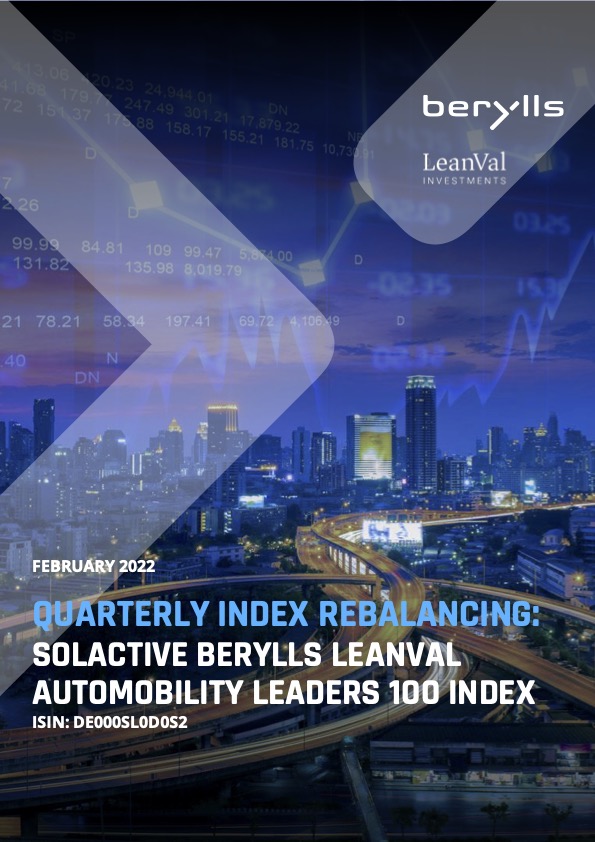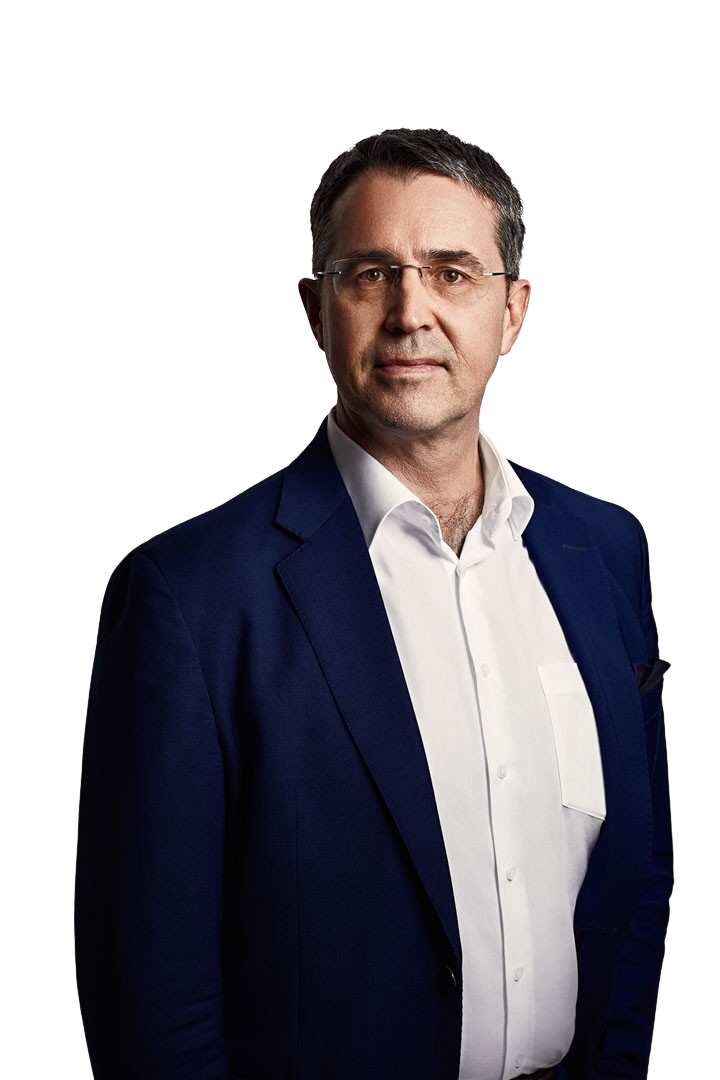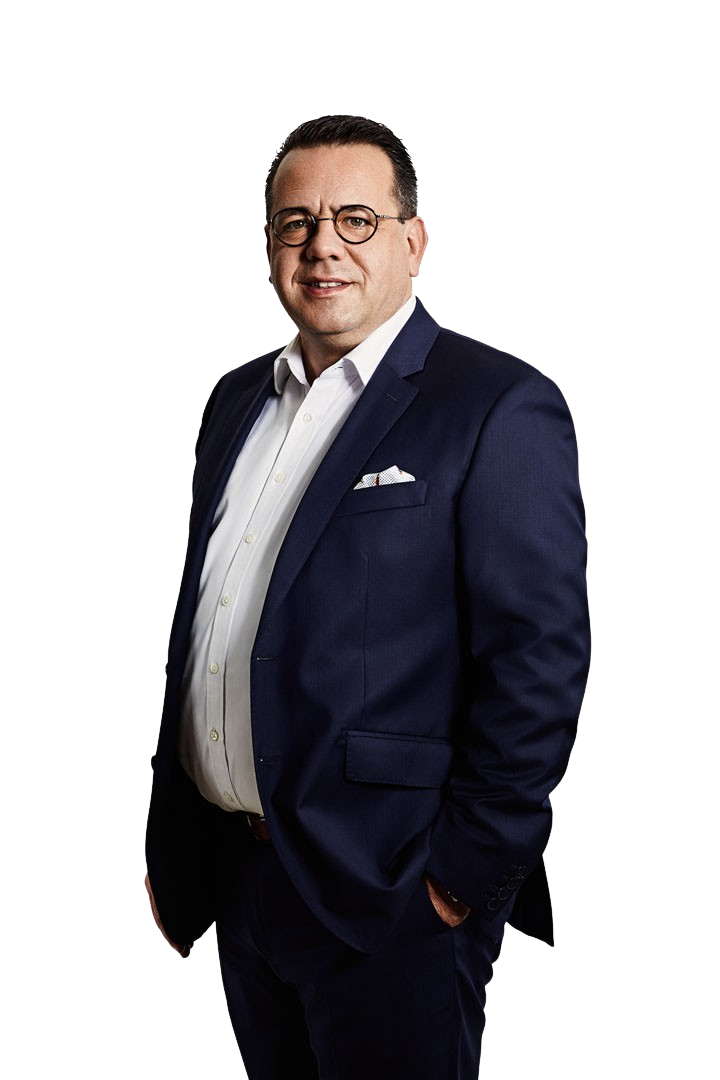ur analysis shows that some OEMs in Germany are spending up to half of their annual media budgets in Q4, the most expensive time of the year for advertising. Data shows consistently over time that this money is wasted, since concentrated spending does not translate into corresponding sales peaks. Instead, by leveraging data to improve their marketing planning and balancing spending throughout the year, these automakers could noticeably increase marketing efficiency.
Based on their marketing spending patterns, we split OEMs into two groups: larks, which plan early and allocate their media budget evenly across the year, and owls, which spend their media budget with a focus on the last quarter.
Over the past three years, we found that owls spent on average at least 50% more in the fourth quarter than the average of the previous three quarters. The bad news for this group is that spending more had no noticeable impact on website visits or new vehicle registrations (NVRs) in the final three months of the year. This means owls are spending 64% more per website visit and 58% more per NVR during that time. Berylls Mad Media works with clients to identify such money pits where budget is being wasted, to create a seamless loop between planning, financial tracking and campaign performance insights, and to drastically improve Marketing ROI.
To read more, download our full report!

Sascha Kurth (1987) is a Principal at Berylls Mad Media, the Sales & Marketing Transformation unit of Berylls Group, a group of companies specializing in the automotive industry. He is an expert in building KPI & data-driven sales- and marketing-organizations and can look back on many years of experience in data-driven marketing and e-commerce environments.
Sascha Kurth has been advising automobile manufacturers in a global context since 2013. He has in-depth expert knowledge in the areas of goal-oriented sales & marketing planning, data management platforms & customer data platforms, e-commerce platforms, programmatic advertising, customer relationship management, smart KPIs and management dashboards.
Before joining Berylls Mad Media, he supported leading OEMs, e-mobility start-ups and fast moving consumer goods manufacturers in their sales and marketing transformation for PricewaterhouseCoopers
ew things shape modern life as much as individual mobility. Be it as an expression of freedom and individuality, or as an economic driver.
To reflect this, we have developed the Solactive Berylls LeanVal Automobility Leaders 100 Index – the AUTO100. It tracks the performance of the 100 most relevant publicly listed automobility players worldwide. By design, the AUTO100 covers the industry’s entire value chain – from vehicle manufacturers and suppliers, to dealer groups, and providers of mobility services or infrastructure.
Due to Chinese New Year and the associated bank holidays, the timing of this second rebalancing of AUTO100 has been slightly adjusted and took place on 07.02.2022.
After a bullish market throughout October and November, December 2021 was quite volatile and fore-shadowed a market correction. In January 2022 global equities experienced their worst monthly overall performance since March 2020.
Nonetheless, the automobility industry’s performance has been received largely positive by investors: Driven by for example electromobility-related activities, the index has achieved a performance of 89.3% since its start (31.12.2018), totaling an active return (market) of 28.5%.
Can’t wait to read more? Download the Insight now!
Dr. Jan Burgard (1973) is CEO of Berylls Group, an international group of companies providing professional services to the automotive industry.
His responsibilities include accelerating the transformation of luxury and premium OEMs, with a particular focus on digitalization, big data, connectivity and artificial intelligence. Dr. Jan Burgard is also responsible for the implementation of digital products at Berylls and is a proven expert for the Chinese market. Dr. Jan Burgard started his career at the investment bank MAN GROUP in New York. He developed a passion for the automotive industry during stopovers at an American consultancy and as manager at a German premium manufacturer.
In October 2011, he became a founding partners of Berylls Strategy Advisors. The top management consultancy was the origin of today’s Group and continues to be the professional nucleus of the Group. After studying business administration and economics, he earned his doctorate with a thesis on virtual product development in the automotive industry.
Private Equity
oher Wettbewerb durch strategische Investoren, wie OEMs und Zulieferer, und der Abzug von Banken aus der Automobilindustrie verhindern großflächige Wachstums- und Buyout-Investments durch Private-Equity-Investoren. Nur Turnaround-Investoren, die in Restrukturierungsfälle investieren, finden derzeit lukrative Private-Equity-Anlagemöglichkeiten in der Automobilindustrie. Eine neue Generation automobiler Unternehmen kann das in Zukunft aber ändern.
Selten war mehr Vermögen im Umlauf auf der Suche nach attraktiven Anlagemöglichkeiten. Dabei ist Private Equity branchenübergreifend unverändert eine der lukrativsten Anlageklassen. Aktuell überträgt sich die Erfolgsgeschichte der Private-Equity-Branche allerdings nicht auf die Automobilindustrie. Das Interesse an Private-Equity-Investments in Automobilunternehmen liegt derzeit weit unter dem Branchendurchschnitt – Tendenz fallend. Das wirft Fragen auf: Wieso haben Private-Equity-Investoren aufgehört, in ihre einst geliebte Branche zu vertrauen und wohin steuern automobile Private Equity Investments in der Zukunft?
Technologischer Wandel, neue Geschäftsmodelle und makroökonomische Trends stellen die Automobilindustrie auf den Kopf. Technologie- und Geschäftsmodelltrends führen zu einer Umverteilung der Profit Pools entlang der Wertschöpfungskette. Dadurch geraten die Gewinnspannen traditioneller Automobilunternehmen unter Druck und strategische Investoren sehen sich zur Portfoliorestrukturierung gezwungen, um im neuen Mobilitätszeitalter wettbewerbsfähig zu bleiben. Darüber hinaus ist die Automobilindustrie aufgrund ihrer Abhängigkeit von hochkomplexen, globalen Lieferketten stärker als andere Branchen von Produktionsausfällen aufgrund von Kriegen, Pandemien und Rohstoffengpässen betroffen.
Mehr als drei Jahre niedriger Renditen haben zu gestiegenen Verschuldungsquoten und angespannten Liquiditätspositionen geführt. Kleine und mittelständische Zulieferer mussten ihre Nettofinanzverschuldung in den vergangenen Jahren um durchschnittlich über ein Drittel erhöhen. Sogar die Bonitäten großer Tier-1 Zulieferer wie Continental, Bosch, ZF und Schaeffler wurden herabgesetzt. Folglich limitieren Kreditgeber ihre Engagements in der Automobilindustrie, verfügbare Fremdkapitalvolumina sind zurückgegangen und die Zinssätze sind gestiegen. Traditionelle Banken schränken ihre Investitionsvolumina in der Automobilindustrie ein und bei alternativen Fremdkapitalquellen sieht es nicht viel besser aus. Debt-Funds können mit einem höheren Risikoprofil als Banken investieren und zum Teil auch unbesicherte Engagements eingehen. Hierfür benötigen sie jedoch eine gute Finanzplanung mit verlässlichen Cashflows. Die Debt-Funds sehen sich allerdings mit unsicheren Geschäftsplanungen konfrontiert und steigen, wenn überhaupt, nur zu hohen Konditionen ein. Asset-Based-Lenders gelten ohnehin als teuerste und folglich unbeliebteste Fremdkapitalquelle.

Aufgrund von Synergiepotenzialen und längerer Investitionshorizonte sind strategische Investoren bereit höhere Kaufpreise als Finanzinvestoren, sogenannte strategische Price-Premiums, zu zahlen. Neben dem ohnehin schon hohen Wettbewerb unter Finanzinvestoren führt diese zusätzliche Konkurrenz zu höheren Bewertungen, sodass Finanzinvestoren bei spannenden Wachstumsunternehmen nur selten zum Zug kommen. Das Wertschöpfungsmodell von Buyout-Fonds, Kaufpreisfinanzierung durch zusätzliche Verschuldung (Leverage) und Dividendenzahlungen, ist nicht mehr tragfähig. Die in anderen Branchen aufgrund besserer Fremdkapitalkonditionen erzielbaren Renditen übersteigen die Perspektiven in der Automobilindustrie bei weitem.
Carve-Outs, notleidende Nachfolgelösungen und Insolvenzen schaffen viele attraktive Möglichkeiten für Turnaround-Investoren. Strategische Investoren sind in Summe derzeit sehr aktiv auf dem automobilen Transaktionsmarkt. Risiko, nötige Zeit- und Managementkapazität schrecken sie jedoch von Turnaround-Unternehmen ab. Turnaround-Investoren sehen sich folglich begrenztem strategischem Wettbewerb und ausreichender Verfügbarkeit von Zielunternehmen mit vielversprechenden Wertschöpfungsansätzen gegenüber.
Das Überdenken der Organisationsstrukturen und deren Anpassung an ein langfristiges Umsatzniveau bereinigt Missmanagement und Ineffizienz aus der Vergangenheit. Durch den Transfer der über Jahrzehnte gefestigten Fertigungskompetenzen in nachhaltige Produktbereiche können die Investoren ihre Portfoliounternehmen neu positionieren und strategisch langfristig ausrichten. Add-on-Akquisitionen und von insolventen Konkurrenten übernommene Volumina schaffen Skaleneffekte und verbessern die Verhandlungsposition gegenüber Kunden und Lieferanten.
Derzeit ist die Automotive-Private-Equity-Branche nur für Turnaround-Investoren attraktiv – sofern sie über die nötigen Kompetenzen verfügen. Die konsequente Differenzierung zwischen attraktiven Zielunternehmen und einer notwendigen Marktbereinigung sowie die Fähigkeit, Unternehmen langfristig zu entwickeln, sind entscheidend für den Erfolg der Investitionen. Das Einbringen von Managementkapazitäten lässt Investoren operative Potenziale heben und die Kostenstruktur der Portfoliounternehmen verbessern. Industriekompetenz und ein verlässliches Netzwerk in der Automobilbranche und Turnaround-Community ermöglichen zielgerichtete und effiziente Restrukturierungsmaßnahmen und nachhaltige Beziehungen mit allen Stakeholdern.
Venture-Capital-Investoren sind bereits in erheblichem Umfang in Start-ups neuer Technologien und alternativer Geschäftsmodelle in den Bereichen Automobil und zunehmend Mobilität, wie Vehicle-as-a-Service oder Shared Mobility, investiert. Sobald diese Generation neuer Unternehmen eine höhere Marktdurchdringung erreicht und ihren operativen Cashflow ins Positive dreht, wird sie genau den Investitionskriterien von Wachstums- und Buyout-Investoren entsprechen. In dieser Hinsicht kann Venture Capital als Vorläufer von Private Equity angesehen werden.
Bei regulatorischer Sicherheit und verbesserter Markttransparenz werden Fremdkapitalgeber ihr Vertrauen zurückgewinnen und ihr Engagement in der Mobilitätsindustrie erhöhen – fremdfinanzierte Investitionsmodelle werden wieder lukrativ, Wachstums- und Buyout-Investoren kehren zurück.
Und was bleibt dann für Turnaround-Investoren? Die Automobilindustrie war schon immer sehr wettbewerbsintensiv und entwickelt sich ständig in rasantem Tempo weiter – es wird also keinen Mangel an Unternehmen geben, die auf der Strecke bleiben und externe Expertise sowie Kapital benötigen.
Andreas ist seit Januar 2020 als Mitgründer und Geschäftsführer bei Berylls Equity Partners tätig. Berylls Equity Partners investiert, als Beteiligungsgesellschaft der Berylls Gruppe, in Unternehmen der Mobilitätsindustrie, die sich in Sondersituationen befinden.
Andreas ist Experte in den Bereichen Private Equity, Mergers & Acquisitions und Unternehmensführung.
Nach zehn Jahren im Bereich Transaktionsberatung mit Schwerpunkt im Mittelstand wechselte Andreas im Jahr 2014 in den Beteiligungsbereich. Dort hat er seitdem in leitender Funktion eine zweistellige Anzahl an Firmenübernahmen und -verkäufen begleitet.
Andreas ist ausgebildeter Diplomkaufmann mit einem Abschluss von der Universität Trier und hält einen Master of Science in Business Abschluss der Handelshøyskolen BI.
EVENUES UP, PROFITS DOWN. THE TOP TEN SEEM CEMENTED, LARGE SUPPLIER GROUPS ARE BREAKING AWAY IN THE TRANSFORMATION.


Andreas Radics (1973) has been advising the automotive industry as a consultant since 2001. In addition, he can look back on over four years of professional and management experience in industry. Before co-founding and building up Berylls Strategy Advisors in 2011 as one of its Managing Partners, he worked at Gemini Consulting and Oliver Wyman, two international strategy consulting firms.
Besides being one of the leading subject-matter experts in Mergers & Acquisitions as well as in the development and implementation of corporate strategies in the automotive industry, he is an expert in e-mobility and a proven expert on the US market.
Business administration degree at Catholic University of Eichstätt-Ingolstadt, Business Administration Faculty, Ingolstadt, Germany.
